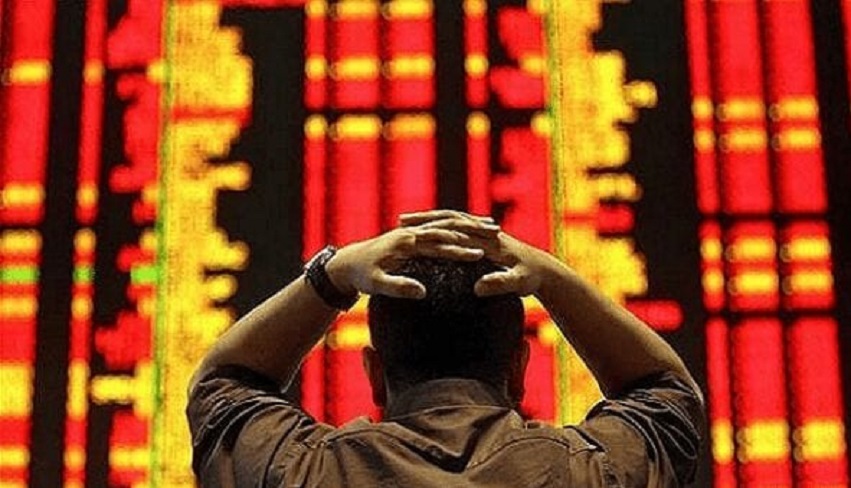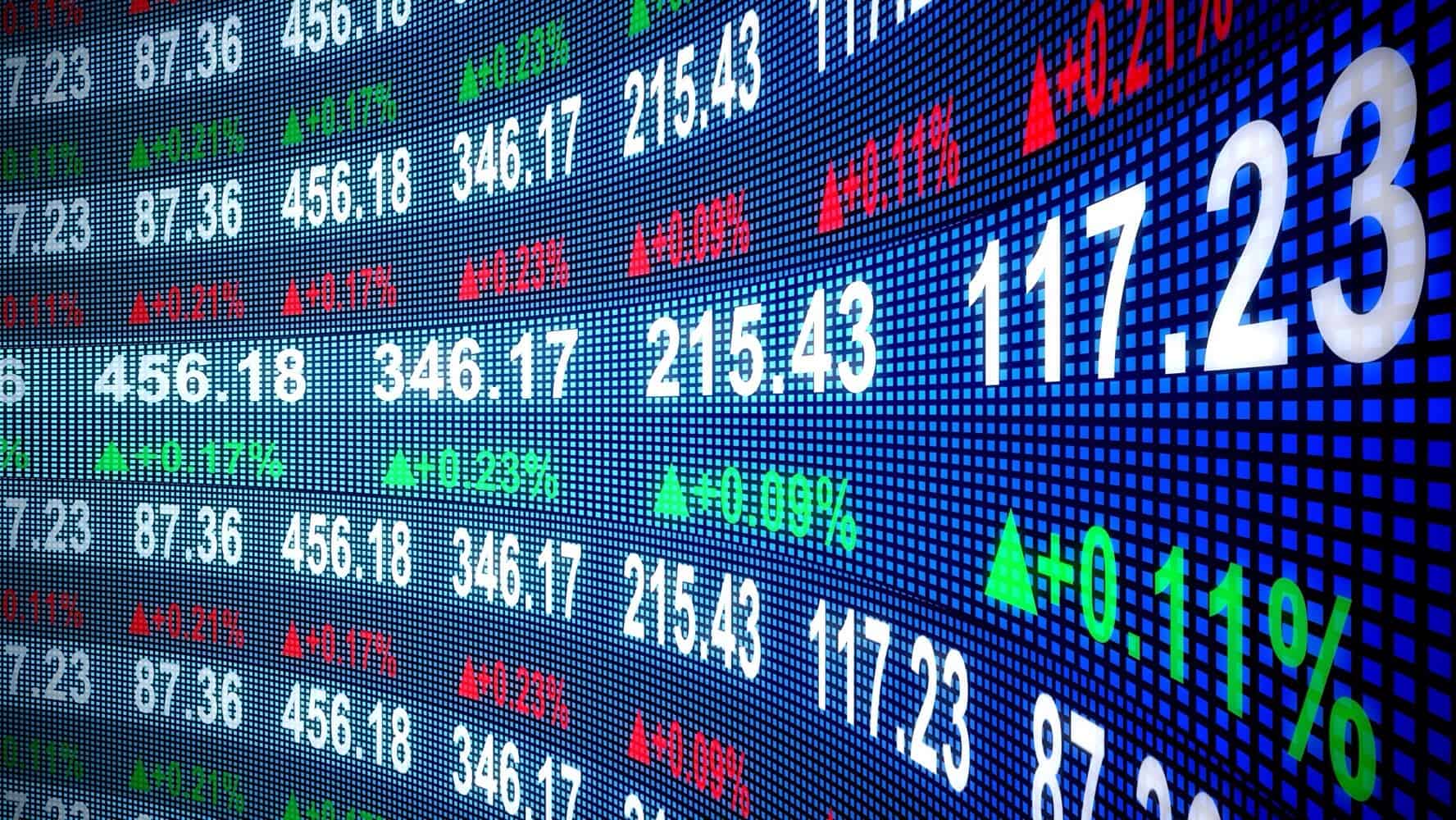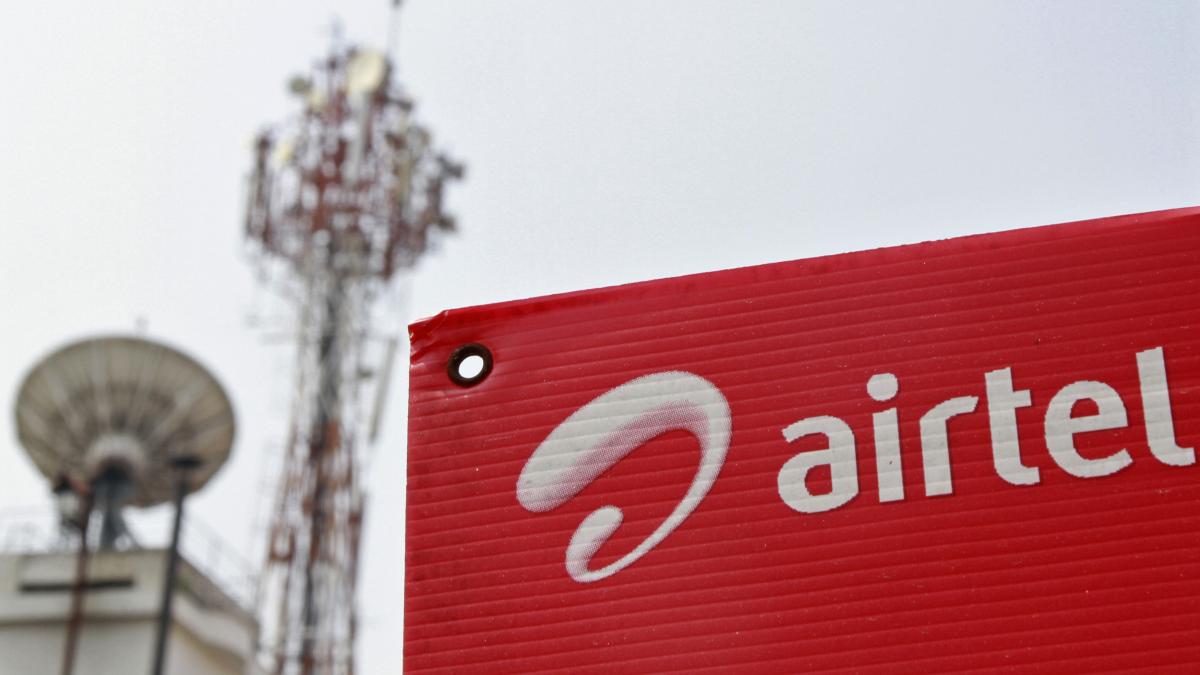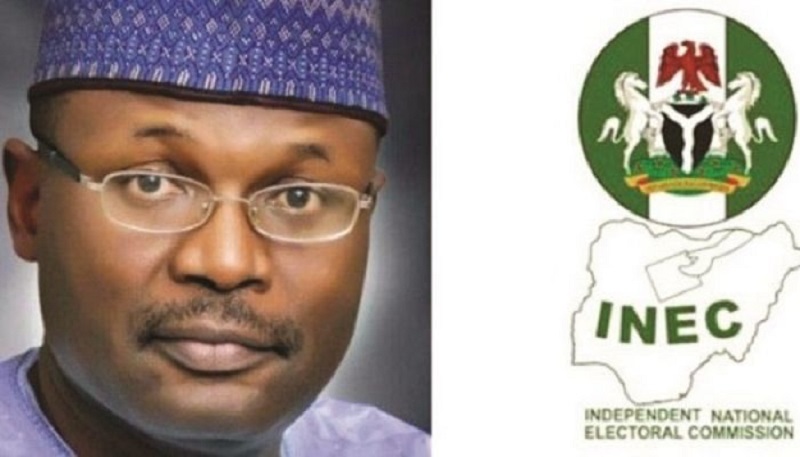The Muslim population in Nigeria is still expanding. According to estimates, 80–85 million Nigerians (approximately 50% of the population) identify as Muslims, many of whom are probably Sunnis (60 million). Any Nigerian citizen, regardless of religion, can trade forex using Nigerian brokers as long as they are using their own money. However, every individual has to follow their own religious laws to ensure they are trading within the guidelines.
In this article, we are going to try and answer the question, is forex in Nigeria Halal or Haram? Let’s jump right into it.
Forex Trading According to Islam
The mere exchange of currencies is legal as long as traders follow certain guidelines. Additionally, it is legal for Muslim traders to turn a profit when exchanging money. However, the forex market involves more than just exchanging currencies. It also entails making and carrying out various contracts when employing futures, options, interest trading, and other activities. Some people think that the fundamentals of forex trading are consistent with Islamic teachings, while others think they are in opposition to them.
Experts and academics disagree on whether trading in the forex market is halal (permissible) or haram (forbidden) in Islam. Islamic financial rules place a strong emphasis on avoiding interest (riba) and conducting morally and fairly. Under Islamic law, whether trading in foreign exchange is permitted in Nigeria or anywhere else depends on a number of variables, including the particular trading procedures and objectives. Let’s discuss some of the guidelines that determine how Muslim traders should conduct themselves in the market.
Regarding Interest (Riba)
Interest-based transactions are absolutely forbidden in Islamic finance. In traditional Forex trading, overnight-held positions (swap or rollover fees) may be subject to interest charges or earnings. This feature of forex trading can be in violation of Islamic teachings. Also, leveraged trading accounts constantly use an interest component which can render transactions Haram. But investors can utilize Islamic accounts that do not charge overnight fees. These accounts are tailor-made for Muslim traders to ensure they do not break religious laws when transacting.
Speculation and Gambling
Excessive speculation and actions that resemble gambling are discouraged in Islamic finance. Forex trading becomes unlawful if thought to include excessive speculation or is similar to gambling. To maximize the chances of profiting, investors employ a range of tactics to forecast market movement. They observe how the value of various currencies fluctuates without really owning, purchasing, or trading the currency they are speculating on. This raises concerns about whether trading in the foreign exchange market is legal or not.
In reality, the majority of traders are gambling rather than trading. You are gambling if you place trades before determining whether your approach or strategy is lucrative or if you risk real money before determining whether you are a consistently profitable trader. A trader is not gambling because they are aware that, despite occasional setbacks, they will ultimately turn a profit. As long as Muslim traders do not gamble in the process of trading, their activities are within religious guidelines.
Ethical Business Conduct
Islamic finance promotes transactions that are both financially beneficial and have a positive social impact, stressing honest and ethical business practices. If a trader engaged in dishonest or unethical tactics when trading, then they are in violation of Islamic principles. Making money through trading is acceptable in Islam as long as it is done in conformity with Islamic law. Interest charging, referred to as usury, or riba, is exploitative and unfair according to Islamic laws. Muslim traders must conduct themselves ethically, otherwise, their activities would be considered Haram.
What is an Islamic account?
These days, a lot of brokers provide accounts for Islamic forex traders. An Islamic account is a swap-free account that doesn’t charge Muslim traders any overnight fees or swaps. Additionally, they guarantee that financial transactions are completed as quickly as possible. These accounts are made for Muslim investors who want to trade currencies without breaking Islamic laws against interest and excessive uncertainty. An Islamic account also permits keeping positions open for an unlimited period of time, which is consistent with the Islamic concept of avoiding unnecessary uncertainty.
Closing Remarks
Given the factors discussed, some academics and professionals in the Islamic financial sector think that certain types of Forex trading can be regarded as halal if they follow Islamic norms. For instance, some contend that spot Forex trading that doesn’t involve overnight positions (swaps) may be more consistent with Islamic values. For the most part, it seems that forex trading is Halal as long as a Muslim trader uses an Islamic account.
It’s crucial to remember that there isn’t a single, widely accepted position on this matter, and interpretations can differ. Individuals interested in Forex trading in Nigeria should consult certified Islamic scholars or financial specialists who are knowledgeable about both Forex trading practices and Islamic finance principles in order to make an informed conclusion. They can offer advice based on your unique circumstances and trading methods to establish whether a given Forex trading strategy is permitted or prohibited by Islamic law.





















Comments 1